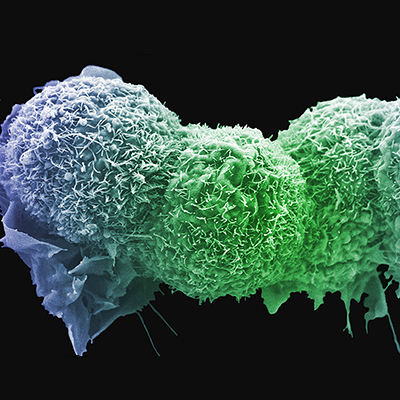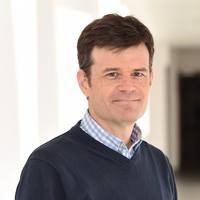
EU Synergy COMBATCANCER
About EU Synergy COMBATCANCER
All cancers arise due to alterations in their genomes. Although insight into the genetic lesions in tumours by genome sequencing does already assist in selecting some drug regimens, it rarely results in disease eradication due to the emergence of drug-resistant clones. More sophisticated combination therapies in which several oncogenic pathways are targeted simultaneously or in a particular sequence are believed to hold more promise. However, at present we are unable to extract and interpret the necessary information from tumours to predict which drug regimen will be most adequate. The genetic make-up of the individual, the heterogeneity of the tumour, epigenetic alterations, cell-of-origin of the tumour, and complex interactions between tumour cells and stromal cells appear important confounding factors influencing response. In addition, we are still ignorant of many of the intricate complexities of signalling networks in cells and how tumours exploit these to acquire drug resistance.
It is the ambition of the team formed by members of the Netherlands Cancer Institute (NKI) and the Cancer Genome Project at the Wellcome Sanger Institute to unravel the genomic and phenotypic complexity of human cancers in order to identify optimal drug combinations for personalized cancer therapy. Our integrated approach will entail
- deep sequencing of human tumours and cognate mouse tumours;
- drug screens in a 1000+ fully characterized tumour cell line panel;
- high-throughput in vitro and in vivo shRNA and cDNA drug resistance and enhancement screens;
- computational analysis of the acquired data, leading to significant response predictions;
- rigorous validation of these predictions in genetically engineered mouse models and patient-derived xenografts.
This integrated effort is expected to yield a number of combination therapies and companion-diagnostics biomarkers that will be further explored in our existing clinical trial networks.
Contact
If you need help or have any queries, please contact us using the details below.
Sanger people

Dr David Adams
Interim Head of the Somatic Genomics Programme and Senior Group Leader
Previous Sanger people

Dr Ultan McDermott
Honorary Faculty and Former Group Leader
External partners and funders
External